The Fourth of July celebration means hot dogs on grill, the flag flying, pool parties and, of course, fireworks. But while fireworks help create the patriotic vibe we all like on Independence Day, they can be dangerous.
“The fire danger from fireworks is extreme, especially here in Arizona,” said Chris Bolinger, deputy chief of operations for the Maricopa Fire/Medical Department. “One spark can start a fire in dry grass or even start a wildfire. They can cause house fires, garbage fires, almost anything. You’re setting off high-temperature sparks and sending them in uncontrolled directions. Even sparklers can set clothing on fire – a lot of children get burned that way.”
RELATED LINKS
Story: City to host fireworks at Copper Sky
Poll: Should there be more restrictions on backyard fireworks in Maricopa?
Section 10-1-6 of the Maricopa City Code states “it is unlawful for any reason within the limits of the city to blast or use powder, fireworks or other explosives without a written permit from the city or the fire Chief, and then only upon the terms and conditions set forth therein.”
Violations are a Class 1 misdemeanor carrying a maximum penalty of up to six months in jail and/or fines of up to $2,500.
But Arizona Revised Statutes provides one exception to the local law: consumer fireworks may be used from May 20 through July 6 and from Dec. 10 through Jan. 3 of each year without penalty. During the dates listed above, only “consumer” fireworks can be used. Any firework designated as “display” is prohibited.
State law defines “consumer fireworks” as “small firework devices that contain restricted amounts of pyrotechnic composition designed primarily to produce visible or audible effects by combustion.”
“Display fireworks” are defined as “large firework devices that are explosive materials intended for use in fireworks displays and designed to produce visible or audible effects by combustion, deflagration or detonation.”
(InMaricopa reached out to the Maricopa Police Department for information about the number of fireworks-related calls and arrests in recent years, and what residents can do about somebody setting off illegal fireworks. That information will be added if it is received.)
FIREWORKS SAFETY TIPS
The U.S. Consumer Product Safety Commission (CPSC) has developed a list of tips to help people safely enjoy their fireworks this holiday weekend:
- Never allow young children to play with or ignite fireworks.
- Avoid buying fireworks packaged in brown paper. It’s often a sign the fireworks were made for professional displays and could pose a danger to consumers.
- Always have an adult supervise firework activities. Parents don’t realize that young children suffer injuries from sparklers, which can burn at 2,000 degrees – hot enough to melt some metals.
- Never place any part of your body directly over a fireworks device when lighting the fuse. Back up to a safe distance immediately after lighting fireworks.
- Never try to re-light or pick up fireworks that have not ignited fully.
- Never point or throw fireworks at another person.
- Keep a bucket of water or a garden hose handy in case of fire or other mishap.
- Light fireworks one at a time, then move back quickly.
- Never carry fireworks in a pocket or shoot them off in metal or glass containers.
- After fireworks complete their burning, douse the spent device with plenty of water from a bucket or hose before discarding it to prevent a trash fire.
- Make sure fireworks are legal in your area before buying or using them.
According to the CPSC, nearly half of all injuries come from just three of the most common consumer fireworks – sparklers, firecrackers and bottle rockets. About 200 people per day are treated at U.S. emergency rooms for fireworks-related injuries in the month surrounding July 4. More than 70% of those injuries were to the hands and fingers, head and face, and eyes.
Bolinger said that even when taking all reasonable precautions, there still are dangers.
“Any type of firework can be dangerous – the dangers are just different depending on the firework,” he said. “Things designed to go up in the air can tip over and shoot down the street, things can go off early – there are all sorts of dangers.”
The National Fire Protection Agency estimates about 19,500 fireworks-related fires occur annually in the United States, according to Bolinger. Those incidents result in about 10,000 people being treated in emergency rooms across the country. The vast majority take place around the July 4th holiday.

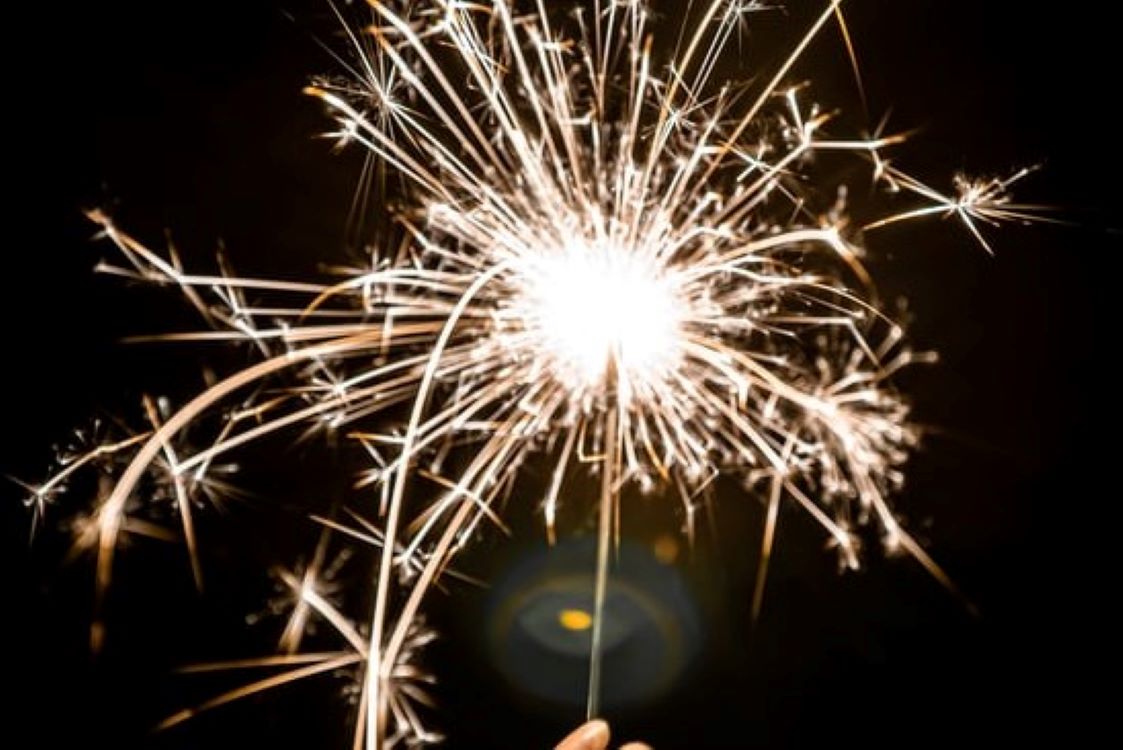
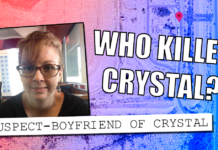

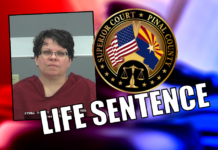
![Maricopa’s ‘TikTok Rizz Party,’ explained One of several flyers for a "TikTok rizz party" is taped to a door in the Maricopa Business Center along Honeycutt Road on April 23, 2024. [Monica D. Spencer]](https://www.inmaricopa.com/wp-content/uploads/2024/04/spencer-042324-tiktok-rizz-party-flyer-web-218x150.jpg)



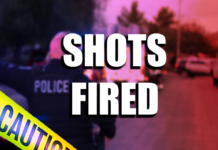
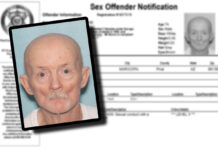


![Alleged car thief released without charges Phoenix police stop a stolen vehicle on April 20, 2024. [Facebook]](https://www.inmaricopa.com/wp-content/uploads/2024/04/IMG_5040-218x150.jpg)

![3 things to know about the new city budget Vice Mayor Amber Liermann and Councilmember Eric Goettl review parts of the city's 2024 operational budget with Mayor Nancy Smith on April 24, 2024. [Monica D. Spencer]](https://www.inmaricopa.com/wp-content/uploads/2024/04/spencer-042424-preliminary-budget-meeting-web-100x70.jpg)

